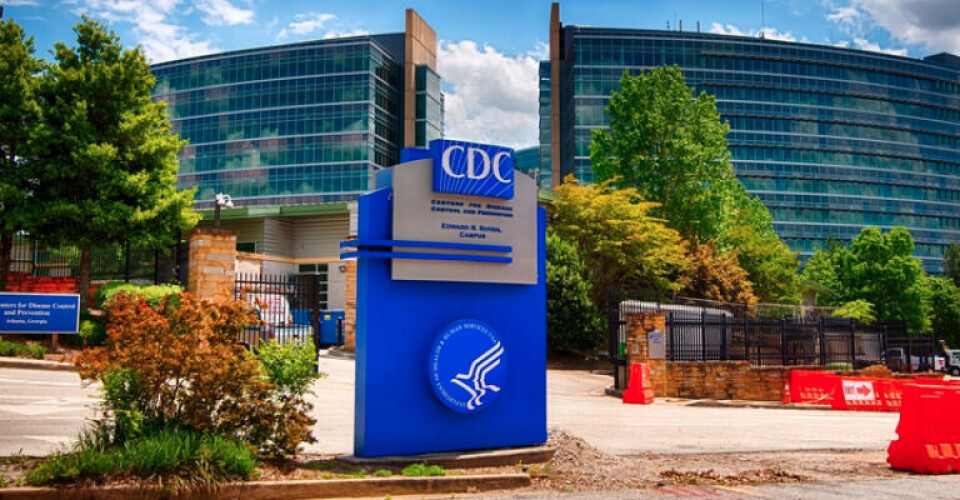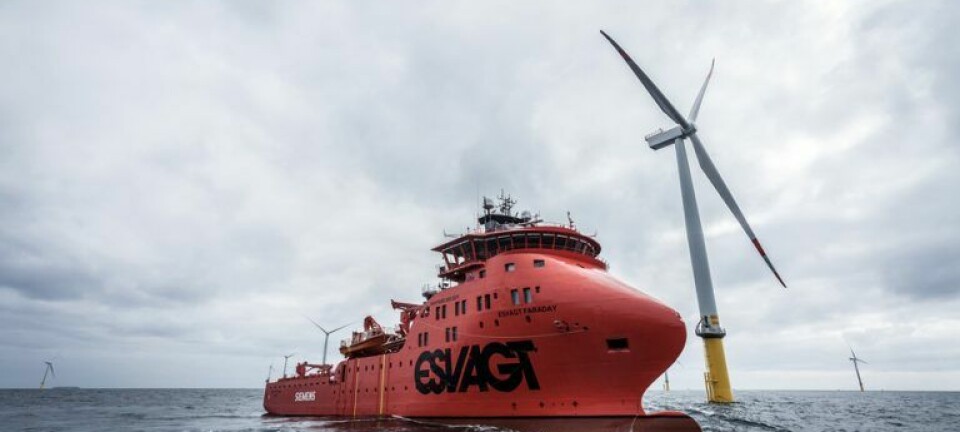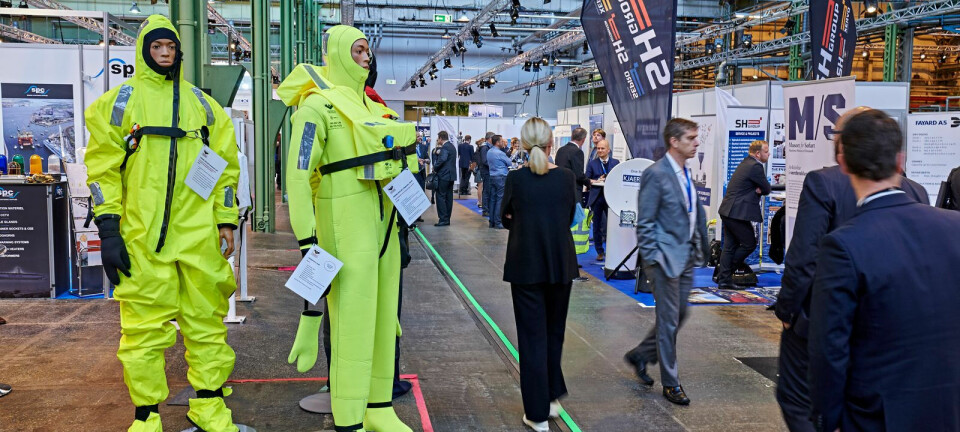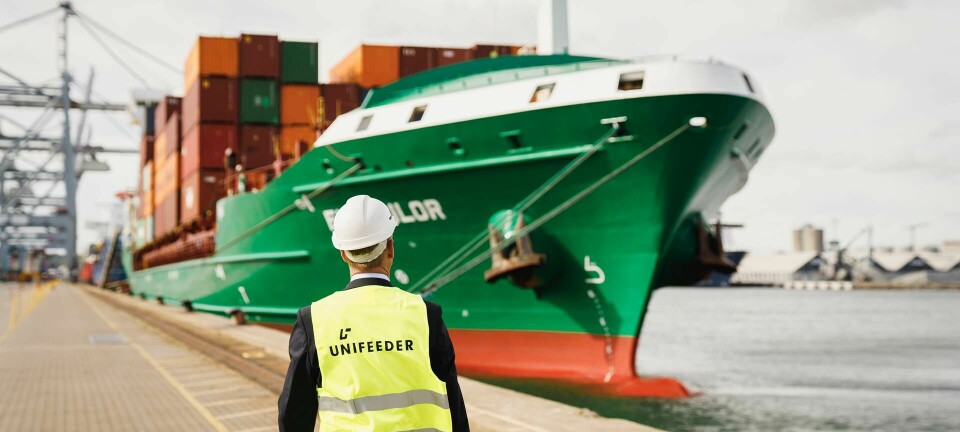CDC claims they are studying the crew change crisis

In an exclusive to Maritime Direct, the US Centers for Disease Control and Prevention claims that they are working to study the global crew change crisis to understand its implications better.
By Michael McGrady, Maritime Direct Americas & Pacific Correspondent
WASHINGTON — US President Joe Biden was sworn into office late last month.
He began his job amid a public health crisis the world has never experienced. The COVID-19 pandemic has upended the world’s state, leading the international community into a multi-year ordeal.
For seafarers and the maritime industry, the crisis has gotten worse.
Our publication, including several other industry news organizations, has reported on the crew change crisis and the mass stranding on their service vessels.
This includes the industry-led effort to get stranded crew members home, crews changed and refreshed, and secure the international supply chain.
Corporate executives and trade associations have pushed for the ratification of the Neptune Declaration on Seafarer Wellbeing and Crew Change. The declaration has now been signed by most of the world’s major shipping liners, some governments, chambers of commerce, trade, labor unions, and national ship registries.
Maritime Direct reached out to the Centers for Disease Control and Prevention for comment regarding a plethora of public health concerns.
We asked several questions regarding the CDC’s overall position on maritime vaccination mandates and similar policies. The agency was also asked about its position on the ongoing crew change crisis. We also submitted questions regarding incoming public health officials’ policy positions, including Biden-appointed CDC director Rochelle Walensky.
In exchange, we received only a few short answers in response to our questions.
“As effective vaccines become more widely available in the US and internationally, they can be used to reduce the risk of travel-related transmission of the virus that causes COVID-19 and the movement of the virus from one location to another,” notes a statement sent from the CDC.
The agency added: “Vaccination, along with other preventive measures, including testing before and after travel, wearing a mask, social distancing, frequent handwashing, and cleaning and disinfecting frequently touched surfaces, will be another effective strategy available for reducing COVID-19 transmission associated with travel, including cruising.”
Very little was clarified with regards to this statement. LCDR Alice Shumate of the US Public Health Service Commissioned Corps offered remarks regarding the CDC’s position on the crew change crisis.
Shumate is the Center for Maritime Safety and Health Studies director within the CDC’s National Institute for Occupational Safety and Health (NIOSH).
For context, NIOSH is a research-focused agency within the CDC.
Unlike its counterpart agency, the Occupational Safety and Health Administration, NIOSH isn’t a regulatory agency.
We are “currently engaged in understanding the crew change crisis and related safety and health implications, due to both COVID-19 and the operational changes to minimize the spread of COVID-19.”
“The Center also works with many industry and academic partners, particularly regarding the mental health needs of this population,” she said. Nothing more was clarified.
Maritime Direct asked the CDC about the Biden administration’s position on the Neptune Declaration. No indication has been given.
The crew change crisis is a developing story.










